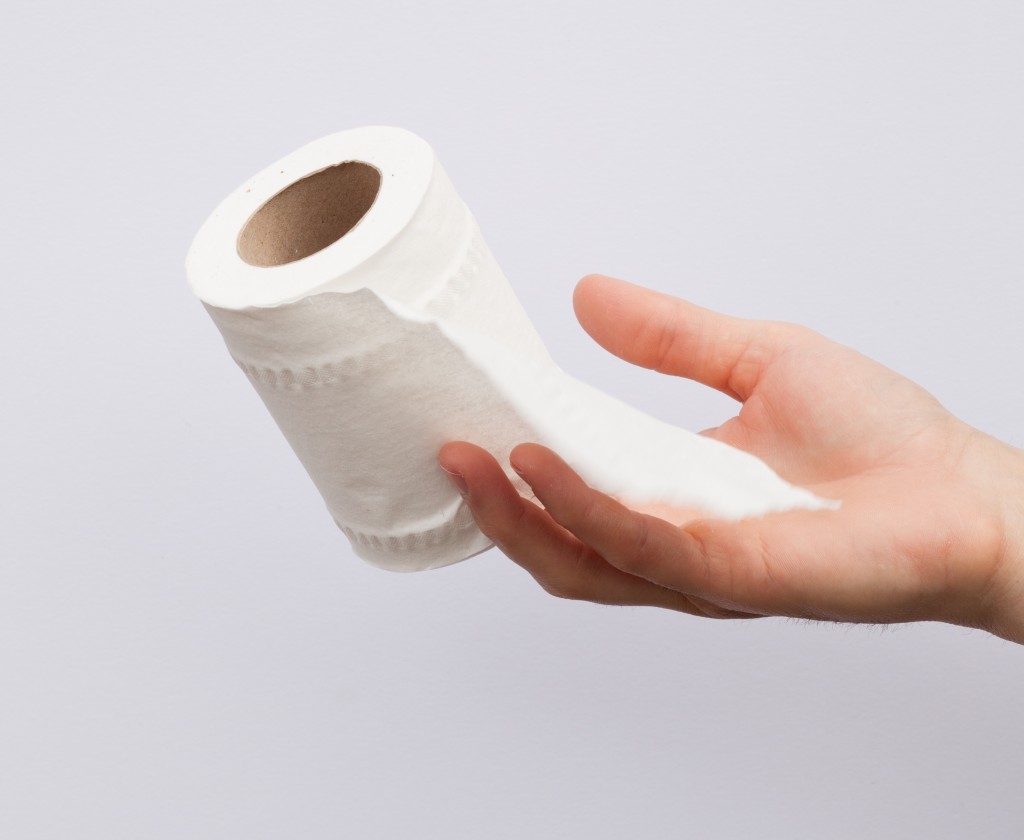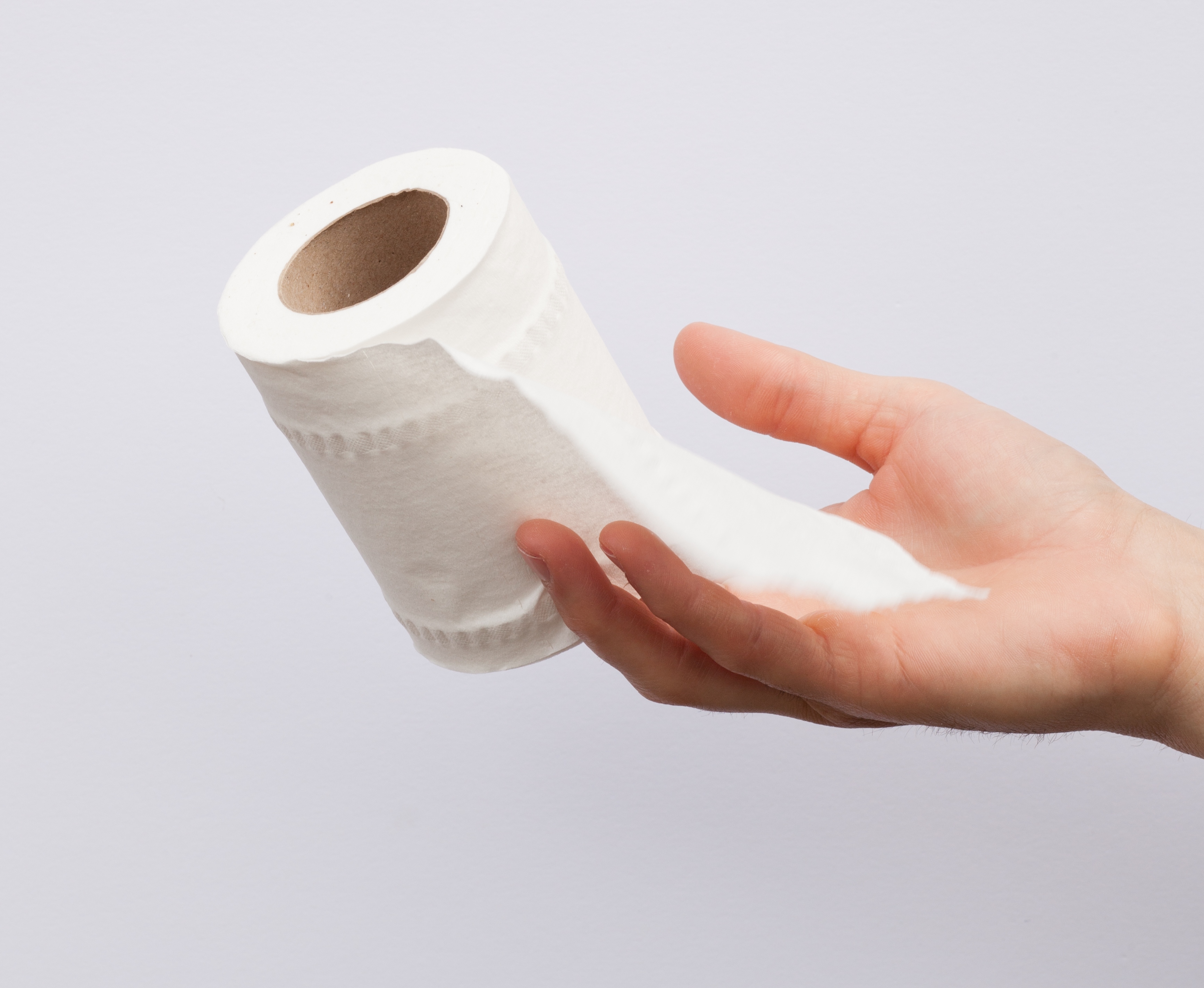 Many government-owned wastewater systems in the United States are enterprise funds. That is, they are business-like units within the overall government that should be self-sustaining, taking their revenue from the rates and fees charged to wastewater customers rather than from taxes. Ideally, wastewater utilities base their rates and fees on the full cost of providing wastewater service, not just on operating expenses and routine maintenance costs. Full cost rates and fees would also include taxes and accounting costs, contingencies for emergencies, and, perhaps most importantly, costs related to capital infrastructure—principal and interest on long-term debt and reserves for capital improvement.
Many government-owned wastewater systems in the United States are enterprise funds. That is, they are business-like units within the overall government that should be self-sustaining, taking their revenue from the rates and fees charged to wastewater customers rather than from taxes. Ideally, wastewater utilities base their rates and fees on the full cost of providing wastewater service, not just on operating expenses and routine maintenance costs. Full cost rates and fees would also include taxes and accounting costs, contingencies for emergencies, and, perhaps most importantly, costs related to capital infrastructure—principal and interest on long-term debt and reserves for capital improvement.
In general, wastewater systems (and drinking water systems as well) are expected to come up with the money for capital improvements from revenue generated from their ratepayers. There are some subsidized loan programs such as the Clean Water State Revolving Fund, and, for small systems, loans from the USDA Rural Development program. And while there is a chance for some “principal forgiveness” on these loans depending on system characteristics, note that most of the money available to wastewater systems is in the form of debt, not grants.
This was not always the case. In the 1970s, after the passage of the Clean Water Act and Safe Drinking Water Act, the federal government created a construction grants program that moved billions of federal dollars to wastewater systems across the country. Everybody loved their “free money,” but of course the money wasn’t free—it came from federal taxes and other federal government revenue. Over time, the burden for paying for infrastructure improvements shifted from the federal government to the systems themselves. For a variety of reasons—both financial and political—wastewater systems have not kept up with the pace of needed infrastructure improvements, and there have been renewed calls to have the federal government once again help pay for wastewater and water system capital improvements for fears of the infrastructure falling into great dis-repair.
The big question, though, is how would the federal government fund such a program? Where can the federal government come up with the new revenue necessary to fund infrastructure improvements?
One of the hallmarks of enterprise funds is that the bill you pay reflects the level of service you receive—in this case, the amount of your wastewater that the system treats. This stands in contrast to taxation, where the amount you pay is based not on level of service but on the value of your home, the amount of goods you buy, or the amount of income you earn. It would be an unrealistic effort for wastewater systems to communicate to the federal government each customer’s usage levels, and for some systems with flat monthly charges, they do not even track this usage. If the federal government cannot raise money based on actual wastewater created, it would need a proxy for that wastewater volume total as the basis for its fee.
What did one Representative come up with? Toilet paper. Certainly, not everyone’s toilet paper habits are the same, and toilet paper does have some alternative uses, but it is a creative target for a special sales tax that would be dedicated to water and wastewater improvements. Rep. Earl Blumenauer (D-OR) proposed H.R. 3202 (111th): The Water Protection and Reinvestment Act of 2009, which would have levied a small tax on water and wastewater related items such as toilet paper and bottled water to capitalize a trust fund for needed infrastructure improvements. The bill gained twelve co-sponsors, including four Republicans, but it was referred to committee and never passed.
In 2012, Omaha, NE mayor Jim Suttle renewed interest in the bill by calling on Washington to tax toilet paper at 10 cents per roll to help the city pay for over a billion dollars of needed upgrades. In Suttle’s mind, bringing the city’s wastewater system up to meet new EPA regulations constituted an “unfunded federal mandate.” While he also admitted that the suggestion of the toilet paper tax specifically was for “shock value” and that the suggestion was not meant to be an endorsement, it once again brought to the forefront the question of the federal government’s role in funding wastewater and water infrastructure.
For many, the idea of taxing toilet paper makes sense. As journalist Katy Bell wrote, it doesn’t “discriminate against one segment of taxpayers since everyone (we hope!) uses the bathroom tissue.” John S. McCollister, executive director of the conservative think tank The Platte Institute, says of having to pick a tax “poison” that “user fees seem the fairest type of tax. The person receiving the benefit should be the person paying for that benefit.”
But for others, a tax on a needed good like toilet paper is regressive. Michael Mayo, a columnist for the Sun Sentinel newspaper in Florida, has been arguing that the state should eliminate taxes on toilet paper all together. Mayo launched his campaign (and a Change.org petition) based on the fact that most every-day items in Florida are subject to sales tax, but certain other items including marshmallows, ice cream, flags, Bibles, and donuts are exempt.
While Mayo again may be looking for shock value and is ultimately arguing about fairness in taxation, certainly any attempt to raise taxes on an item with the universal use of toilet paper will raise questions about how that tax will impact people at all income levels of society. The future of taxing toilet paper—and of financing wastewater infrastructure in general—may come down as much to who has the ability to pay along with who should pay.





Aren’t we missing the bigger questions?
Why do we need to raise more money for the government to fund something they were already funding? Did anybody get a tax reduction when they quit?
Why do we feel morally satisfied and politically correct to send Millions and Billions to third world countries for the basic necessities of life (water and sewer); but don’t consider the same needs within our own country worth financing?
Mr. Nero brings up two important points that I want to address. First, over time, EPA has shifted its funding of wastewater systems from construction grants to loans through the Clean Water State Revolving Loan Program. These loans are subsidized in the sense that they are offered at terms below market rate, and in some cases recipients are able to receive some principal forgiveness, so there is certainly a benefit that goes to the wastewater system. But, in most cases, these loans need to be paid back, and that payback is coming from funds raised by the systems themselves. Also, EPA’s overall spending on wastewater programs (whether it is for the construction grants or the SRF program) has generally decreased since its peak in the late 1970s, and that decrease is even more if you adjust for inflation.
This leads to the second important point Mr. Nero brings up. Governments make policy decisions on how to spend their revenue. Some projects are clearly beyond the ability of the government to pay–for example, if a small town decided it wanted to build a spaceship to send one its residents to Mars, it probably can’t afford to do that. But other projects are not funded because they are not as high of a priority for the government as are other projects–in other words, they might have the ability to pay but do not have the willingness to pay. In this post, I wanted to feature some interesting discussion around new revenue streams for infrastructure improvements, but certainly there is also a discussion to be had about whether infrastructure funding should receive a higher priority from current revenues as well.
One quick side note is that there is another way in which the federal government subsidizes investments in water and wastewater infrastructure–by making municipal bonds tax-exempt. By not charging tax on the dividends from these bonds, the federal government allows local governments to pay interest rates that are lower than they would pay if the dividends were taxable, thus saving the local government some money.
This idea is a non-starter; you can’t introduce a new tax on such a basic need without the public backlash being so great that it will cause more harm than good. If you want to take this route, then focus on newly introduced products that directly result in higher costs for wastewater systems – disposable and so-called “flushable” wipes that do not break down in our systems.
The increased labor and equipment costs can be directly connected to the use of these new products and the idea of a tax on new products is more palatable to the public. We just did a piece down here with a local station based on an excellent story done in the Washington, DC area. Take a look at both. The DC piece really drive home my point.
http://www.wwaytv3.com/2014/06/12/cfpua-warns-of-problems-with-wipes-the-pipes
http://www.nbcwashington.com/news/local/Wipes-In-The-Pipes-258957241.html
Mike McGill
Chief Communications Officer
Cape Fear Public Utility Authority